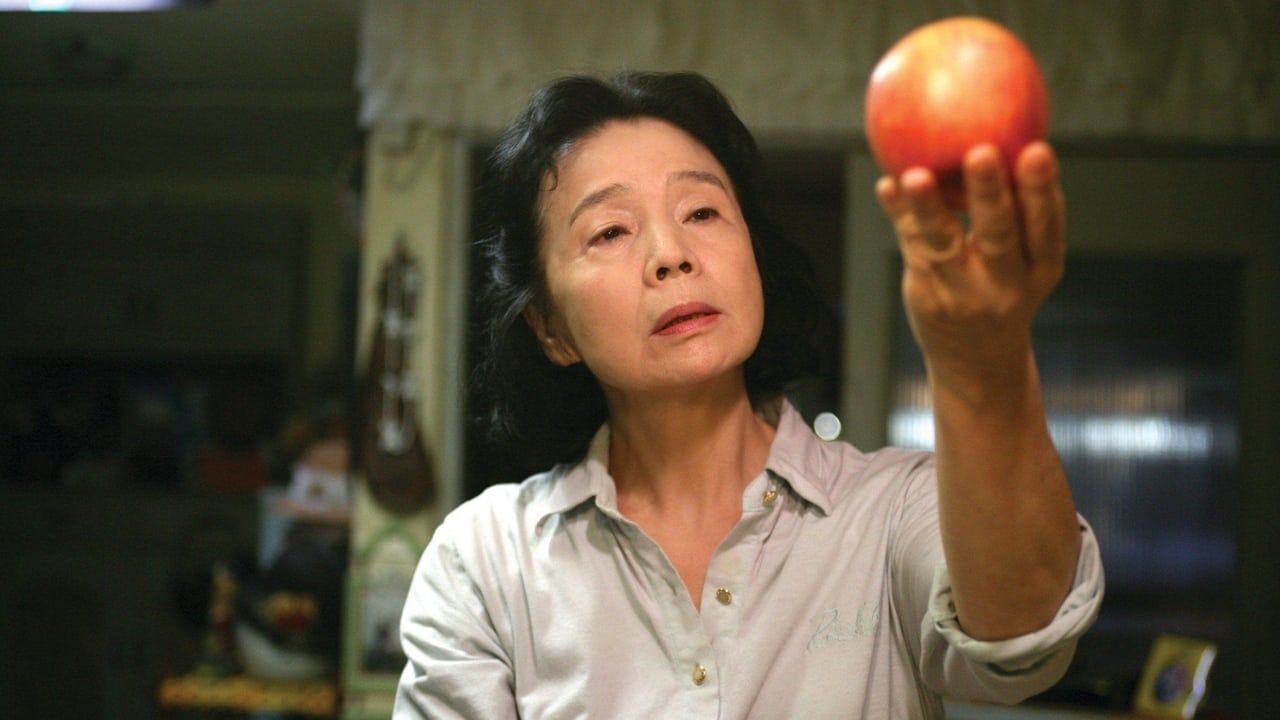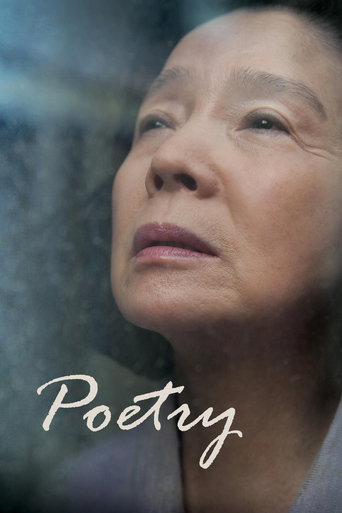



Best movie ever!
Absolutely Fantastic
Great example of an old-fashioned, pure-at-heart escapist event movie that doesn't pretend to be anything that it's not and has boat loads of fun being its own ludicrous self.
View MoreThe storyline feels a little thin and moth-eaten in parts but this sequel is plenty of fun.
View MoreKorean cinema for whatever reason has been ahead of everyone else for quality and high standards for so long now, that really we should just take it for granted.Amongst the stable of high quality film making is this gem, an elegiac tale of one old woman who has found out she likely has Alzheimer's disease but hides it from all, not that others seems to care for her. Her life is surrounded by tragedy as the death of a young schoolgirl comes close to home, and everyone she seems to connect to in this family seem almost amoral. Her only escape, is the Poetry class she has signed up to, but she doesn't know what to write.This film is beautifully shot and wonderfully written, but it's the central performance of Jeong-hie Yun as our lead lady who captures your heart while you watch this. You will little find another character you will empathise with as much as this one who seems to still smile even though you know all the heartache that is happening.I really recommend this. It all leads up to a mesmerising finale, it's an excellent film I hope that as many can watch it as possible.
View MorePOETRY (dir. Chang-dong Lee) POETRY is a slow-moving character drama which is disarmingly powerful, yet haunting and meditative. Mija is a sixty-six year old suffering from early onset Alzheimer's disease who lives in a rural Korean town with her indolent teen aged grandson, Jongwook. In an attempt to stimulate her cognitive abilities, she enrolls in a poetry class. Things are looking up until she learns that her grandson was involved in the suicide of one of his classmates. Jongwook and some of his friends had been sexually abusing a classmate, and this drove the young girl to take her life. Soon Mija is contacted by the fathers of the boys and learns that they want to pay the girl's mother a large sum of money to keep her from going to the authorities. In her poetry class at the community center Mija learns that in order to create poetry one must learn, 'to observe', 'to notice', and 'to witness'. The need for a heightened awareness or sensibility becomes the compelling dichotomy of the film. We observe that the fathers only focus on the ramifications of the incident on the lives of their sons, while Mija becomes moved and deeply empathizes with the loss of this innocent young girl to her family and the community. And, in the end Mija forces her grandson to face up to his responsibility, and she also constructs a loving and heartfelt poetic eulogy for the young girl. And, in a remarkable way of relating these two crucial events, the character of Mija is not even present as the actions unfold. Director, Chang-dong Lee, delivers a wonderful film which touches on a wide range of difficult subjects; poetry, dementia, sexual abuse and suicide, and casts an elderly semi-retired Korean actress as the star of the film. However, these kinds of mature topics and deliberate presentation are out of favor in Hollywood and unpopular with contemporary film audiences. I'm afraid that this film will never garner much commercial success, but if you take the time 'to witness', you will enjoy a truly rewarding cinematic experience.
View MoreAs a lover of World Cinema and having had a few poems of my own published here and there, South Korea's 'Poetry' was always going to be a double treat for me.The film's beauty is that it's not just about poetry but how that it can fit into everyday lives and help folk the see the inner beauty that it brings. Mija (an excellent Jeong-he Yun) a 66 year old woman, suffering the onset of Alzheimers, sees the simple beauty in an apple and of fallen apricots on the ground.She gets this after starting poetry classes and whilst she fails to get her 'poetic awakening', she sets herself the target of writing just one poem.Considering that this gentle, graceful lady is bringing up a teenage grandson who has committed a serious crime and as a job cares part-time for an elderly stroke victim these poetical leanings are a soothing diversion for both us - and her. (She's not bad at badminton, either!) It's actually the way the film contrasts several issues, the modern contemporary ones that give the film its backbone, the age difference clashes with the grandson and the lyrical - but unsentimental - softer side and you get a modest and modern masterpiece.Avoid if only Iron Man 2 can move you. But if you have a heart, one where a soul and emotion can flourish and you enjoy a well acted, straightforward modern film - wherever in the world that it might come from - then 'Poetry' has a wide and worthwhile appeal.
View MoreThis is a very special film that brings us to something that many deeply love: poetry.What is poetry, how to get it? a slightly older woman, but not yet old (played by Jeong-hie Yun), who lives with her grandson, try to find answers to these questions while facing a diagnosis of Alzheimer's disease and painful evidence of the utter lack of awareness of his grandson. His teacher (played by Korean poet Kim Yong-taek) will help you find your way to the poetic word, that word that bleeds or laughing at the same time of sorrow or joy in the world.A film that is itself a poem, a poem delicate as a cherry blossom, made by the Korean director Chang-dong Lee.
View More